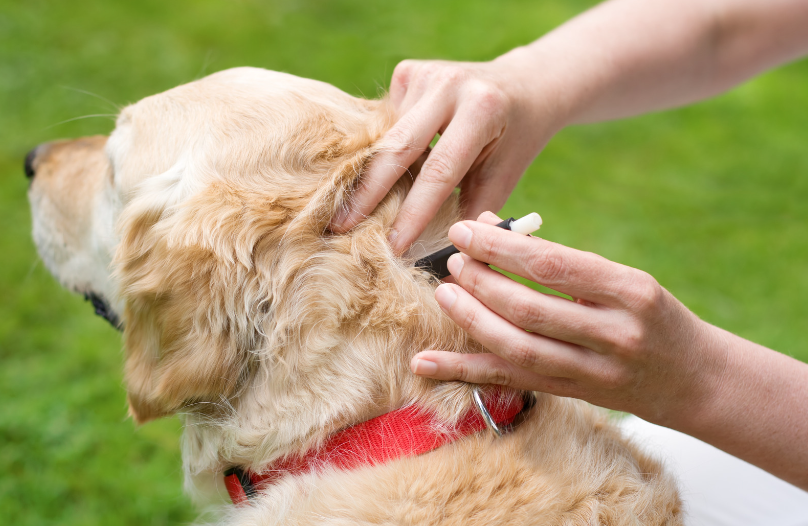Ticks are small but notorious: they attach themselves, drink blood and can transmit diseases. With proper prevention, prompt control and proper removal, you can keep your dog safe.
Understand the enemy: what are ticks and why are they dangerous?
Ticks are spider-like parasites that are active in warm, moist environments such as roadsides, grasslands, forests and parks. They can transmit diseases such as Lyme disease, babesiosis and ehrlichiosis. Therefore, prevention and prompt action in the event of a bite is important.
Prevention is better than cure: tick prevention tips
- Use tick repellent products: Collars, sprays, tablets and spot-on drops are common. Consult with your veterinarian about what is appropriate for your dog's age, weight and health.
- Check daily for ticks: Especially after walks. Check armpits, groin, chest, around ears, under collar and between toes.
- Avoid tick-rich areas: Stay away from tall vegetation during peak season (spring and summer) or walk on wide trails.
- Maintain your garden: Cut grass short, trim shrubs and remove leaf piles. Fewer hiding places means fewer ticks.
- Consider vaccination (if available): In consultation with your veterinarian; some regions offer vaccinations against specific tick-borne diseases.

Effective action against tick bites
- Remove as soon as possible: Using tick forceps or hook, grab the tick close to the skin and gently pull straight up. Do not twist, pinch or use oil/alcohol.
- Disinfect the bite site: Clean with a mild antiseptic solution. Wash your hands as well.
- Stay alert for symptoms: Watch for fever, lethargy, lameness, pale gums or decreased appetite in the days to weeks after a bite. When in doubt, consult your veterinarian.
In conclusion
With consistent prevention, daily checks and prompt removal, you can greatly reduce the risk to your dog. Still out and about without your dog and want to make sure someone is watching? Easily arrange pet care in your area.
Also read our blog about the dangers of grass ear.









